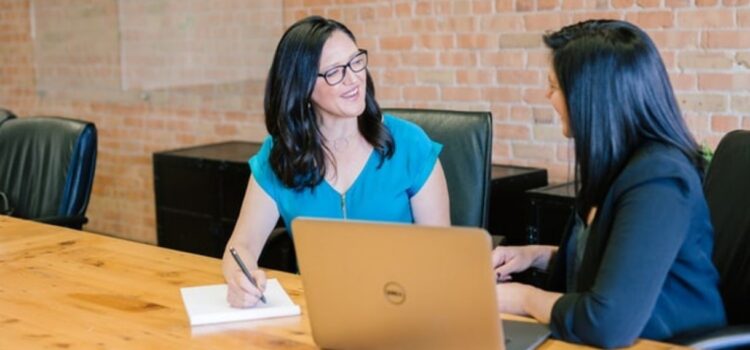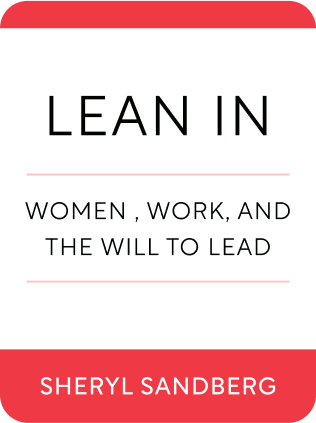

This article is an excerpt from the Shortform book guide to "Lean In" by Sheryl Sandberg. Shortform has the world's best summaries and analyses of books you should be reading.
Like this article? Sign up for a free trial here .
Why is it harder to find mentorship for women? Can women succeed without a mentor?
While men have an easy time finding and maintaining mentorship, for women, it is much more difficult to come by. But having a mentor is critical for career progression.
Here is why to find mentorship, women need to take a different approach than men.
Women and Mentorship
Women tend to take a more active approach to find a mentor, even trying to chase and force a mentor connection. They know the stakes are high and their chances of achieving skyrocket with a well-placed mentor.
But according to Sheryl Sandberg, the author of Lean In, finding mentorship for women is a different game. A mentorship connection has to develop naturally. Studies show that mentors select mentees based on performance and potential. Instead of trying to find a mentor who will lead them toward success, women should excel first, get noticed, then allow an organic mentor relationship to develop.
It’s not, “Get a mentor and you’ll excel.” It’s, “Excel and you’ll get a mentor.”
To find mentorship, women must understand that approaching someone and asking, “Will you be my mentor?” does not work. But approaching someone with a well-thought-out inquiry could spark a discussion and a relationship.
For example, Sandberg often gets vague, general questions like, “What’s it like working at Facebook?” This leads nowhere. But when she was approached and asked to discuss a nonprofit that offered college counseling to low-income students — a topic she cared about deeply — she was willing to help.
Take every opportunity to learn from someone you admire. Grab a moment after a meeting to ask for advice. Make it casual and quick, then follow up as an opportunity to ask for more guidance. Don’t get stuck on the “mentor” label. It’s the relationship that’s important, not the formality of the setup. A mentor relationship can simply be decision-making help from someone investing time in you. Recognize and appreciate what this person is doing.
Absorb Career Guidance
If you’re fortunate enough to have someone interested in helping you, behave with tact and courtesy. Be mindful of your mentor’s time; don’t just get together to catch up. The best use of a mentor’s time? Give them a problem to solve. Successful leaders are good at that!
A mentor doesn’t always have to be a superstar senior exec. Career guidance can come from all around you. A subordinate can be incredibly helpful, and peers can mentor and sponsor one another.
While not widespread, there is a positive trend toward companies offering official mentoring programs that work alongside other kinds of leadership and development training. These types of programs take the pressure off women from desperately seeing a mentor.
The Male Mentor Issue
There aren’t enough women for every junior woman to be mentored by a senior-level woman. Men have to help. But this presents another mentorship hurdle for women: having a male mentor can be tricky because of the sexual context of male-female relationships. Men also fear the perception and are hesitant to have one-on-one meetings with women.
Sandberg asserts that this evasiveness must end. We all must not automatically assume a sexual component when there is a male-female professional relationship.
Men can agree to be mentors and set parameters that make them comfortable, and companies should foster and reward men helping women. For instance, one male executive has a “breakfast or lunch only” policy when meeting with women.

———End of Preview———
Like what you just read? Read the rest of the world's best book summary and analysis of Sheryl Sandberg's "Lean In" at Shortform .
Here's what you'll find in our full Lean In summary :
- How professional, personal, and societal hurdles are holding women back
- Why you need to commit to your career with risks and ambition
- How your career is more like a jungle gym than a ladder






